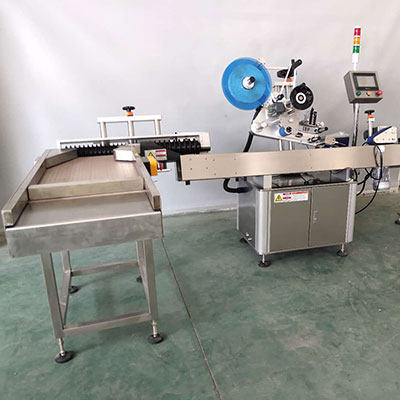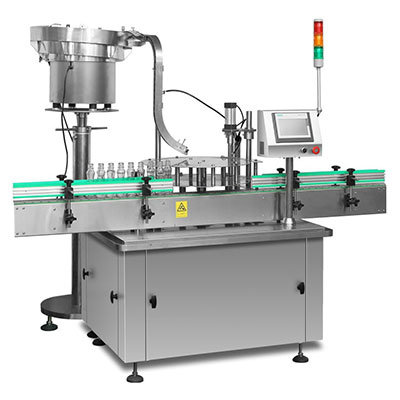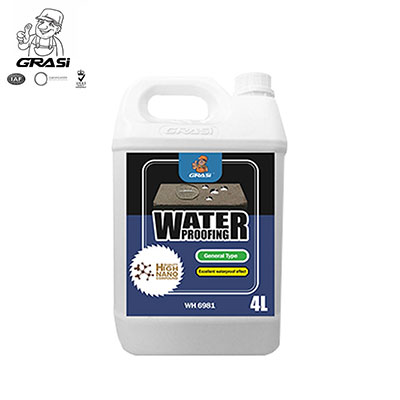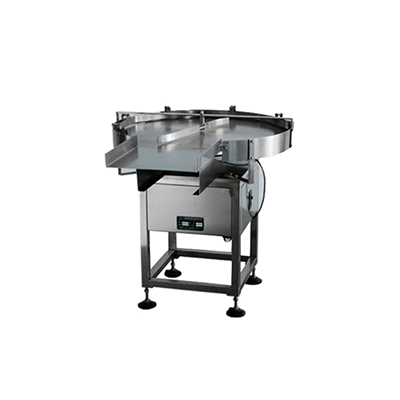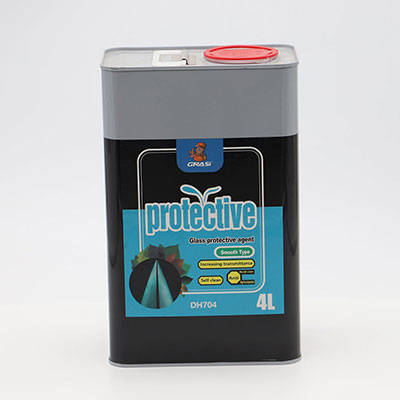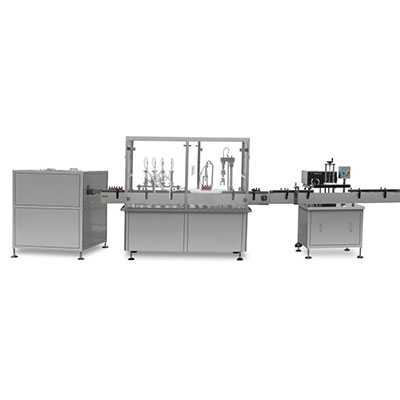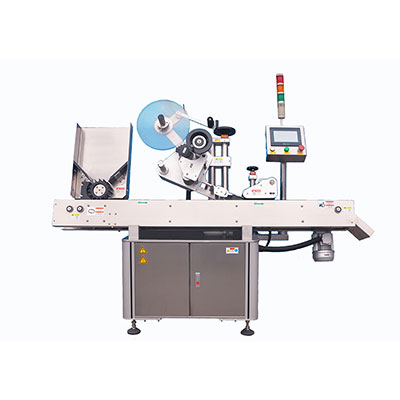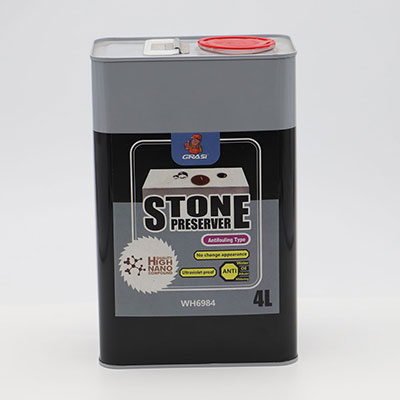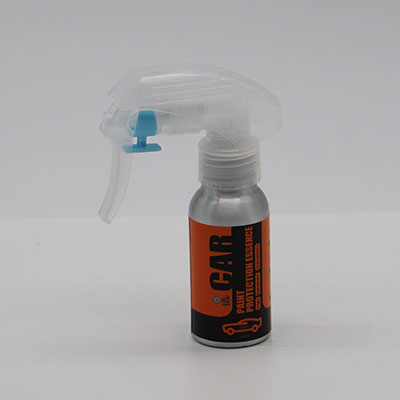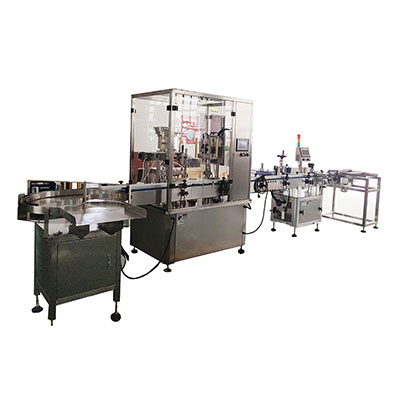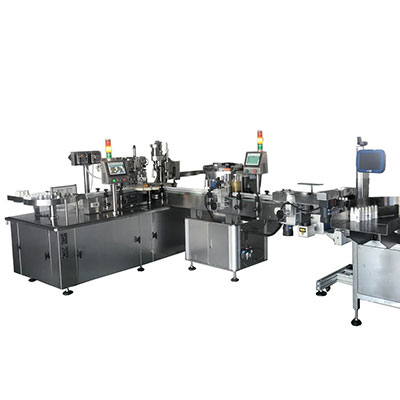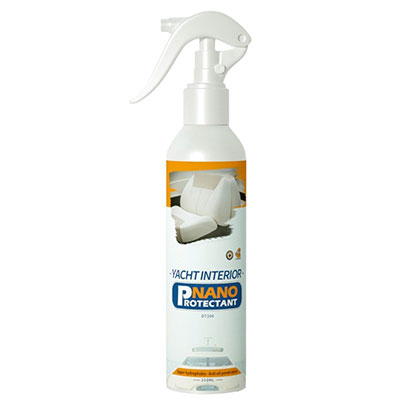Anionic Polyacrylamide
CAS No.: 9003-05-8
Anionic polyacrylamide (APAM) is a kind of water-soluble polymer. It is mainly used for the flocculation, sedimentation and clarification of industrial wastewater in various industries such as the steelworks, electroplate factories, metallurgy, coal washing, sludge, and so on. Also, it can be used for the drinking water purification and clarification purposes.
Anionic polyacrylamide allows particles to be aggregated by absorbing the suspended solids in water, because its molecular chain contains a certain amount of polar group. It can speed up the sedimentation of particles in suspended liquid. In addition, this kind of water treatment chemical can obviously accelerate the clarification of solution, and also facilitate filtration.
Characteristics
1. With superb water solubility, the anionic polyacrylamide can be completely dissolved in cold water.
2. A small amount of APAM can achieve great flocculation effect. In most cases, addition of 0.01-10ppm (0.01-10g/m3) is needed to bring into full play.
3. A combination of anionic polyacrylamide and inorganic flocculants (such as polyferric sulfate, polyaluminium chloride, ferric salt, and more) can present a superb effect.

| PAM | Molecular Weight (Million) | Degree of Hydrolysis | Water Insoluble | Purity % | Dissolution Time | Residual Monomers |
| Anion | 3-25 | 10-90% | ≤0.5% | ≥90% | ≤1.5hrs | ≤0.05% |
Package: two-layer PE bag, or in two-layer bag with PE inside and PP (or kraft) outside
Both 20kg/bag and 25kg/bag are available.
Links:https://www.globefindpro.com/products/77238.html
-
 JZM Series Concrete Mixer
JZM Series Concrete Mixer
-
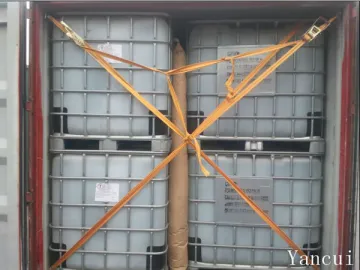 Recommended Products
Recommended Products
-
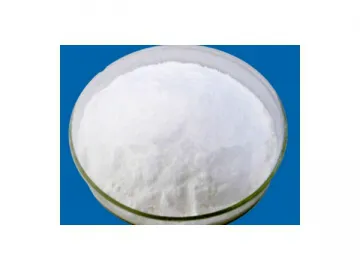 Dietary Supplement
Dietary Supplement
-
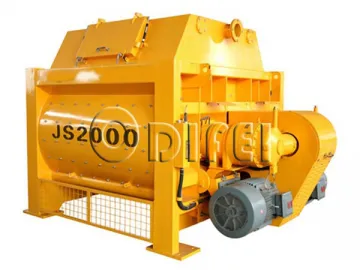 JS Series Double Shaft Concrete Mixer
JS Series Double Shaft Concrete Mixer
-
 JDC Series Single Shaft Concrete Mixer
JDC Series Single Shaft Concrete Mixer
-
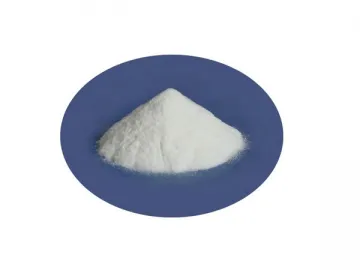 Polyaluminium Chloride (High Purity)
Polyaluminium Chloride (High Purity)
-
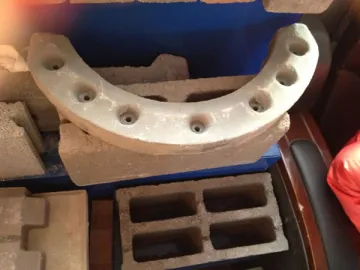 QT4-15 Brick Making Machine
QT4-15 Brick Making Machine
-
 Concrete Batcher
Concrete Batcher
-
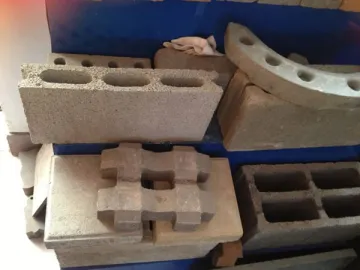 QT3-15 Brick Making Machine
QT3-15 Brick Making Machine
-
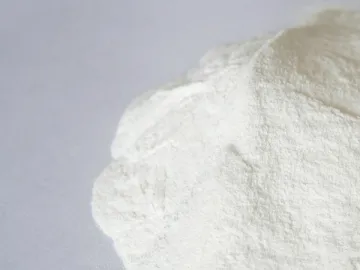 Inorganic Industrial Chemicals
Inorganic Industrial Chemicals
-
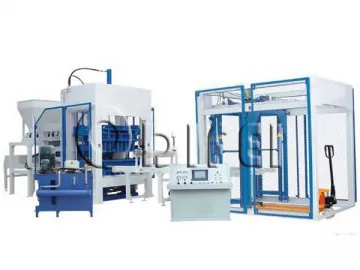 QT6-15 Brick Making Machine
QT6-15 Brick Making Machine
-
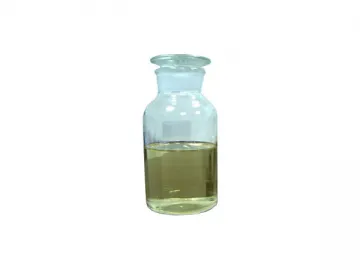 Flavoring
Flavoring
